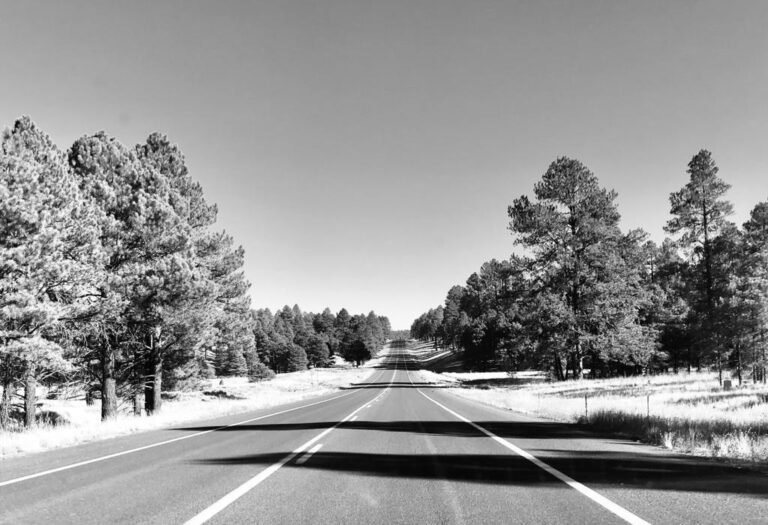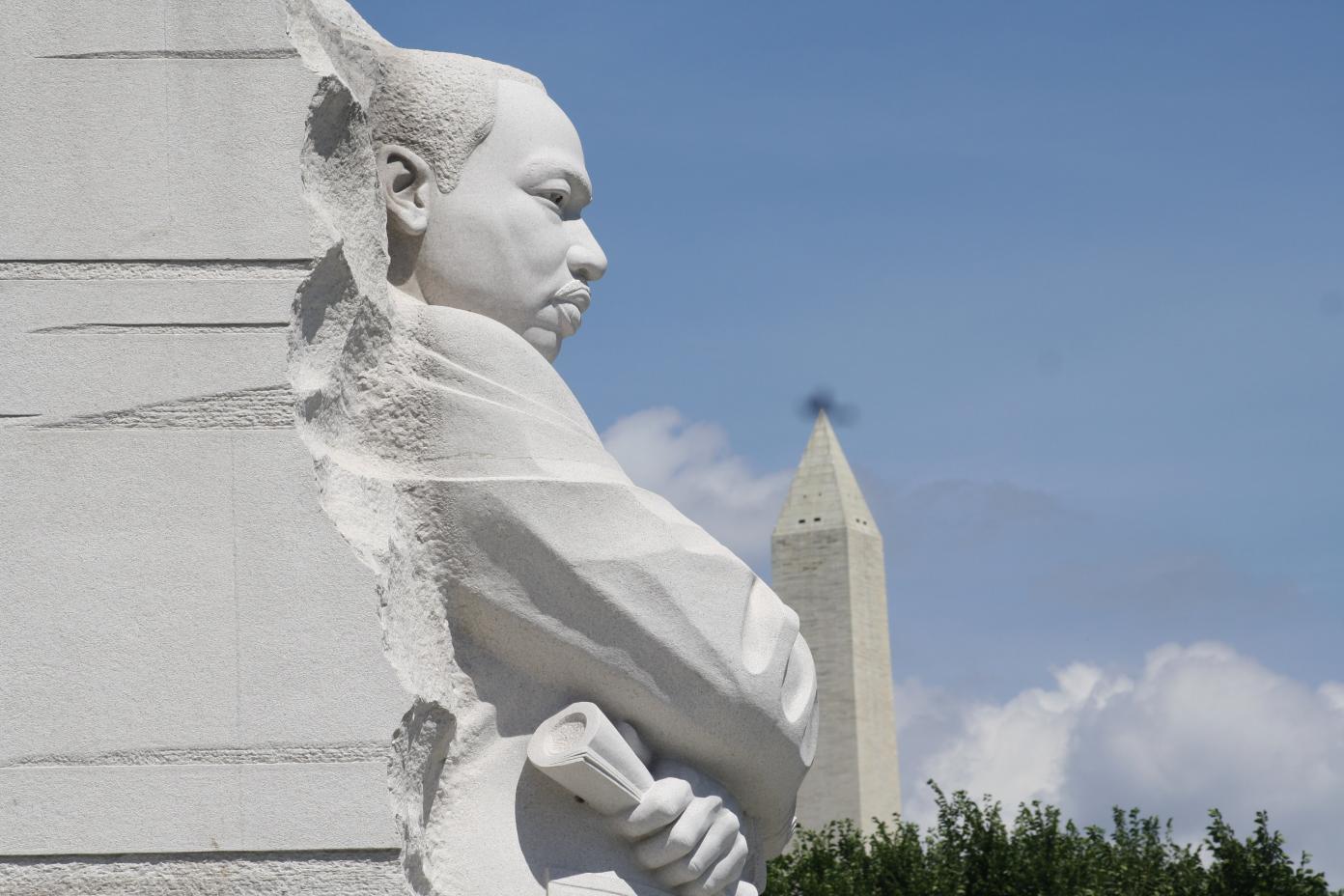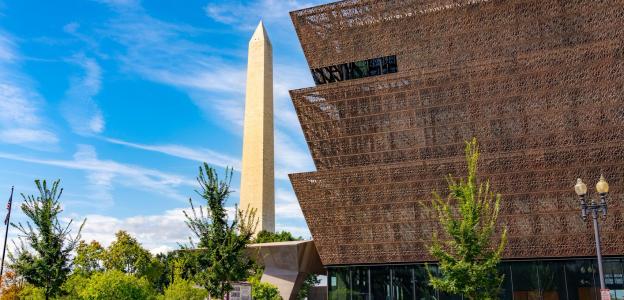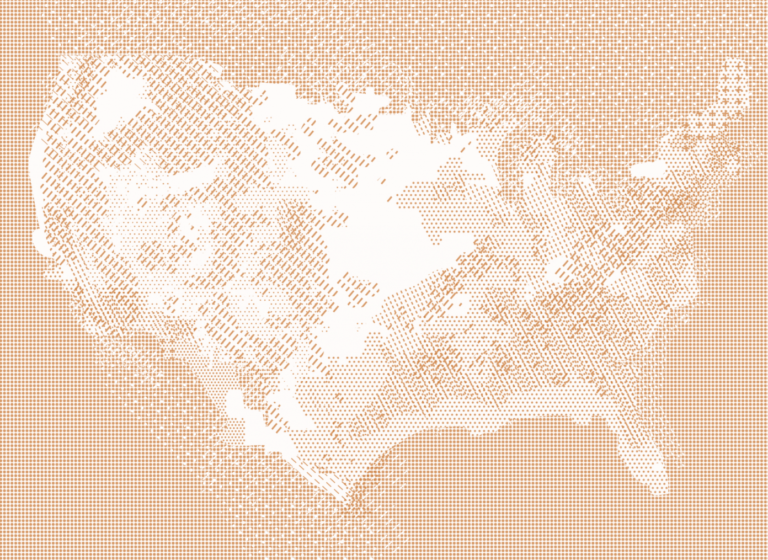
Why Washington DC?

Woubishet Taffese

A l’image de l’immense inscription « Black Lives Matter » tracée en lettres jaunes sur la 16ème avenue qui mène à la Maison Blanche, Washington DC est à la fois le centre du pouvoir politique américain et le haut-lieu de manifestations sur les grands enjeux qui traversent la société américaine. Les institutions gouvernementales mais aussi culturelles, au premier rang desquels les musées nationaux du Smithsonian, y jouent un rôle central dans la compréhension que les Américains ont de leur passé pour affronter les défis du présent et construire l’avenir des Etats-Unis.
Chosen by George Washington as the federal capital, Washington, DC, is structured around wide avenues named after American states, according to the plans laid out by French architect Pierre Charles L’Enfant. With more than 360,000 federal employees and 12,000 lobbyists, the city is the decision-making heart of the nation.
Stretching between the two main centers of political power, the Capitol and the White House, the National Mall is flanked by national museums and memorials, cultural emblems of the city and the country. Having witnessed major social events, including the 1963 civil rights March on Washington when Martin Luther King, Jr., gave his famous “I Have a Dream” speech, the National Mall is at the crossroads of politics and culture. In the words of Lonnie Bunch, Secretary of the Smithsonian (the world’s biggest museum complex, with more than three dozen museums, galleries, and research centers), museums are “a reservoir for America to dip into, to understand itself, to understand our environment. »
In 2016, Bunch founded the National Museum of African American History and Culture in recognition of the contribution of black Americans to the country’s history. Two new museums, dedicated to Latin Americans and women, are scheduled to open in the next few years in order to complete this kaleidoscopic yet shared vision of the nation.
In the heart of this city, where politics and culture are closely interconnected, Villa Albertine will invite creators, thinkers, and cultural professionals to join in the dialogue and carry out experiments on the future of cultural institutions at a time of unprecedented upheaval.


